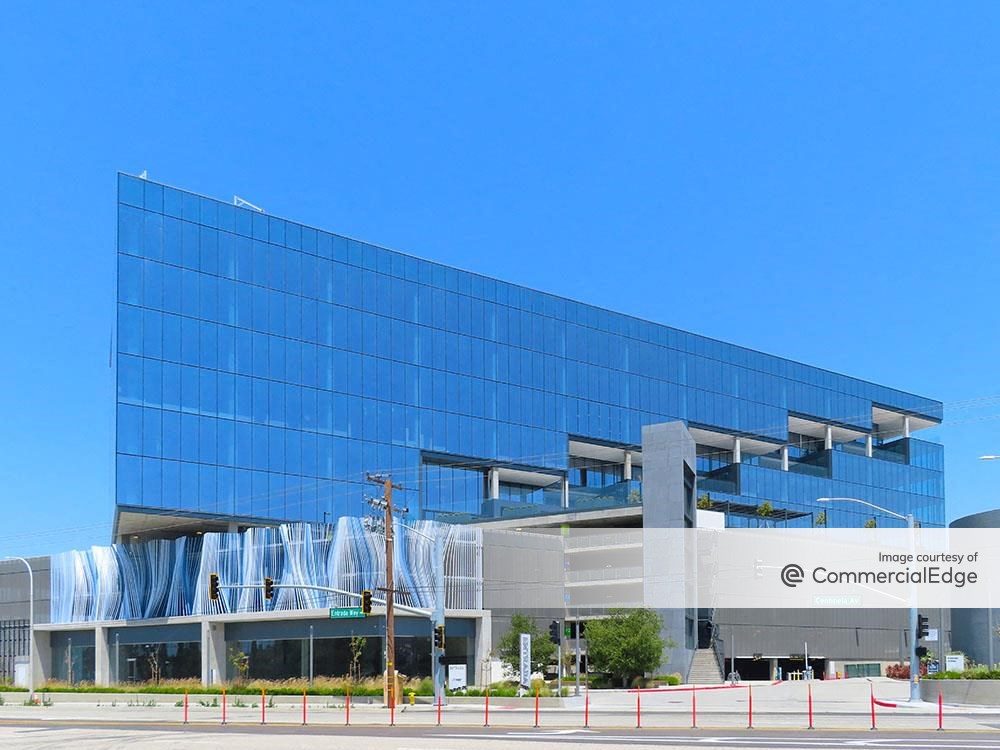Troubled Fannie, Freddie Still Vital to Capital Markets
Government-sponsored entities Fannie Mae and Freddie Mac may well be in line for a further infusion of capital that would reduce stockholder value. The future of the two agencies is still up in the air, but the capital markets are relying on them heavily for multi-family financing. Although both Fannie and Freddie are experiencing major…
Government-sponsored entities Fannie Mae and Freddie Mac may well be in line for a further infusion of capital that would reduce stockholder value. The future of the two agencies is still up in the air, but the capital markets are relying on them heavily for multi-family financing. Although both Fannie and Freddie are experiencing major problems tied to the housing market’s downturn and the subprime crisis in particular, top capital markets professionals point out the GSEs still have a critical role. “From what we see, they are continuing to support (multi-family) in a disciplined way,” Thomas McManus, chairman & CEO of Cushman & Wakefield Sonnenblick Goldman, said this morning. “That could bode well for a silver lining.” Financial intermediaries and others say that Fannie Mae and Freddie Mac are two of the stabilizing forces in the roiled capital markets. A telling study published last month by Real Capital Analytics Inc. concluded that the GSEs provide an increasing proportion of hard-to-get acquisition financing–5 percent at mid-year, up from only 1 percent between January 2006 and 2007. And an executive for one top intermediary recently said that that Freddie continues to rank among the top 10 capital sources his firm does business with. Lenders, too, report a steady stream of business with the GSEs. Only yesterday, KeyBank Real Estate Capital disclosed that it recently closed a pair of loans with Fannie Mae valued at $47.6 million for a Class A multi-family development project in Jersey City, N.J., and a Class B apartment acquisition in New Castle, Del. Finance professionals cite Freddie and Fannie’s increasing significance even as its leaders seek more capital to boost its finances. According to a report published yesterday by the Wall Street Journal, the search is on for investors to shore up the finances of Freddie Mac, whose stock has fallen in value more than 90 percent in the past year. Several multi-family experts believe a private investment would be better for the markets than a Fed bailout. The companies’ shareholders would take a hit if the federal government rather than private investors bought those shares. “I do believe there is a good chance that the private equity deal will happen because it is a good buy for them–buy when shares are low,” Prudential Douglas Elliman executive vice president Lisa Maysonet said today. “The private equity money is good money and it will help stabilize and bring integrity back to the markets. My feeling is that if somebody thinks it’s a good investment, then psychologically, or because of the money going into it, this move will have a positive impact. A Fed bailout would certainly be less positive.” The situation can only get better, Maysonet adds. “Prices were high and buying an apartment was an insane proposition. Similarly, the mortgage industry wasn’t functioning based on reality anymore. It was going crazy and it wasn’t safe. Now things are definitely normalizing. If someone says they have a lot of money, they have to show it.” While it is still unclear whether there will be a private equity investment of Fed investment, either move would be positive, said either would be positive, said Ted Patch, senior vice president & chief production officer at Green Park Financial. “In general, however, I do agree with the sentiment that a private equity investment would be better than the Fed coming in and bailing out the companies with taxpayers’ money.”






